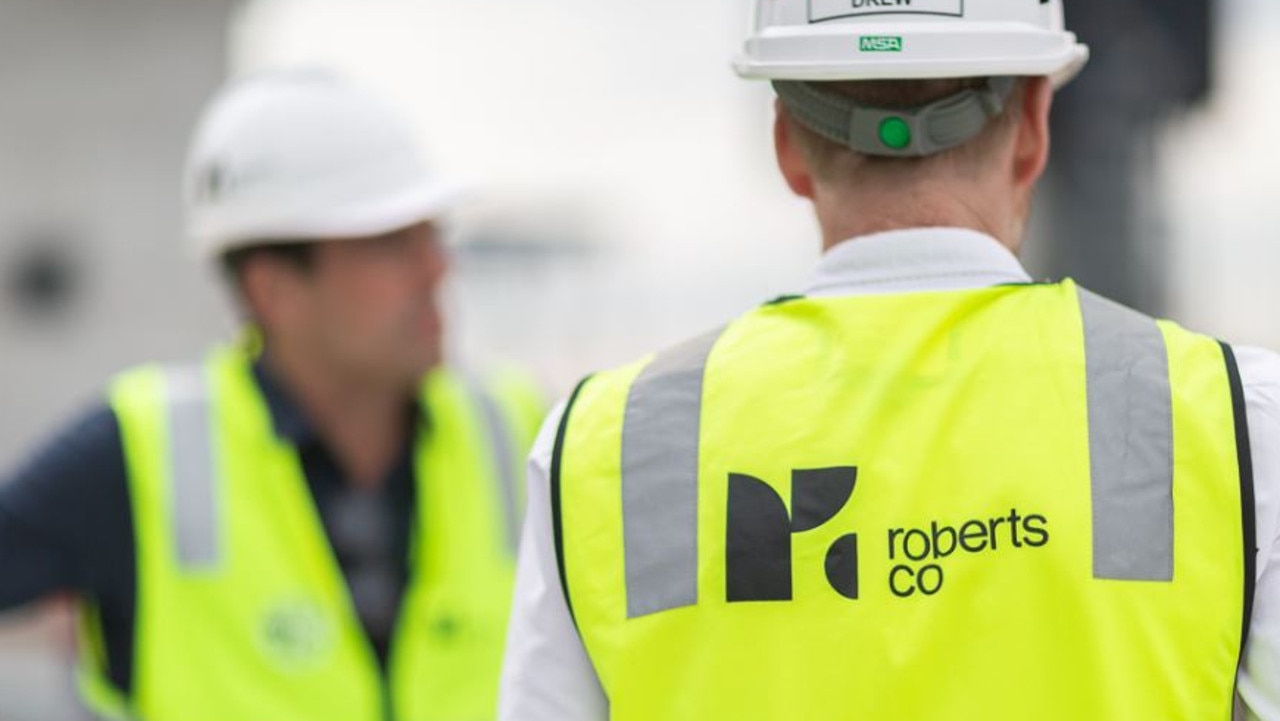Atlassian leader: companies which mandate office work will lose
Companies which mandate workers in the office are ‘tethering’ employees to inefficient processes, says an Atlassian executive.

The world is witnessing the “last gasp of status quo work” and companies that do not move to a hybrid model will be left behind.
That’s the view of Annie Dean, a senior executive at Atlassian, who says forcing employees back to the office is creating “nine-to-six” workplaces that “keep you tethered to ways of working that are ineffective”.
“It doesn’t surprise me that we’re experiencing a last gasp, but we’re not going to get less internet-enabled, we’re not going to get more local,” Ms Dean says.
She says most companies are already working in a distributed way – that is, with some staff working away from the office on some days – but they are not doing it well.
Atlassian research to be released on Wednesday found 78 per cent of knowledge workers work remotely at least once a week yet more than half of their firms do not provide the tools needed for efficient work. Some 92 per cent go into an office at least once a week.
Ms Dean, who heads the company’s Team Anywhere distributed work program, says adaptation to the new world of work is overdue. “We have had three years to adapt to the pandemic,” she says.
“The pandemic revealed to us that distributed work is possible, and it revealed to individuals they could be very successful in a distributed set-up.”
She says focusing only on where work gets done is outdated. “We are now talking about a fundamental shift in the way we work,” she says. “What I want CEOs to understand is that they’re already distributed. I recognise that can be hard to see, but we’re not sitting shoulder-to-shoulder doing our work on whiteboards any more.”
Atlassian does not mandate any time in the office and staff can choose their location daily, with work organised by time zones around the world.
“In our company, the workday is longer, but there are different peaks of productivity, where it indicates that people are taking breaks, they’re going for a run in the middle of the day, they are picking their kids up at school,” Ms Dean says.
“We’re really using our time differently. We’re not in as many meetings, we’re using documents to drive work forward and we’re able to move faster to focus on the most important things.”
Ms Dean says it’s disingenuous of CEOs to argue that people can’t be productive in a hybrid model. “I think there’s plenty of proof that our businesses have done well and stayed afloat during the pandemic,” she says.

“Our takeaway (from the research) is that an alarming number of workers don’t have the resources they need to be effective and efficient. Just throwing more video conferencing and instant messaging apps at the problem isn’t enough.
“Teams won’t know how to unlock the power of certain tools without adequate training and resources on how best to use those tools in the first place.”
Atlassians sells two products, Confluence and Atlas, designed to help distributed workers and managers to collaborate and connect in asynchronous work – that is, work that does not require employees to all be online at the same time.
Ms Dean says the new work world will be “less busy and more focused on the right priorities”.
“It’s going to be much more oriented towards deep work and complex problems because AI is going to come and solve all of our simple problems anyway,” she says.
Ms Dean says future work will depend increasingly on information and processes being captured in text with workers required to have clear writing skills.
According to the research, pressure from managers, co-workers and companies are the primary reason cited by 55 per cent those coming into the office. Ms Dean says the pressure to “show face” in the office for fear of being seen as unproductive is at odds with the belief held by 44 per cent of workers that they are more productive when given the opportunity to work in a distributed way.
In contrast, 77 per cent of Atlassian employees go to the office at least once each quarter; and about half of the company visit an office at least once a month – even though they are not mandated to attend.
The research found 59 per cent of workers said they could spend more time with family as a result of being distributed; 52 per cent said they were able to spend more time on physical fitness or self-care; and 39 per cent used flexibility to pursue hobbies. It also found that 55 per cent of respondents said that avoiding the commute was one of the reasons they wanted flexible work.




To join the conversation, please log in. Don't have an account? Register
Join the conversation, you are commenting as Logout